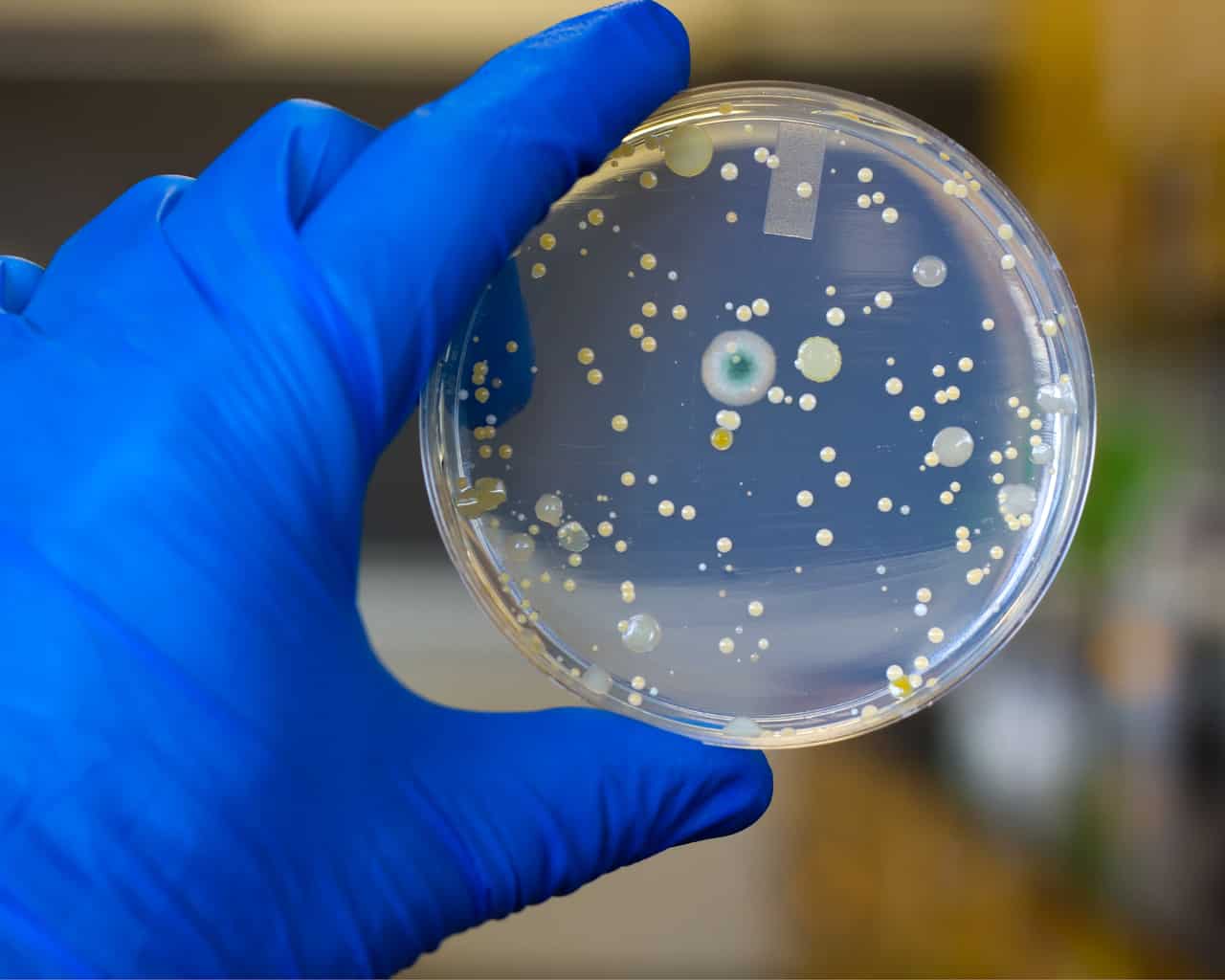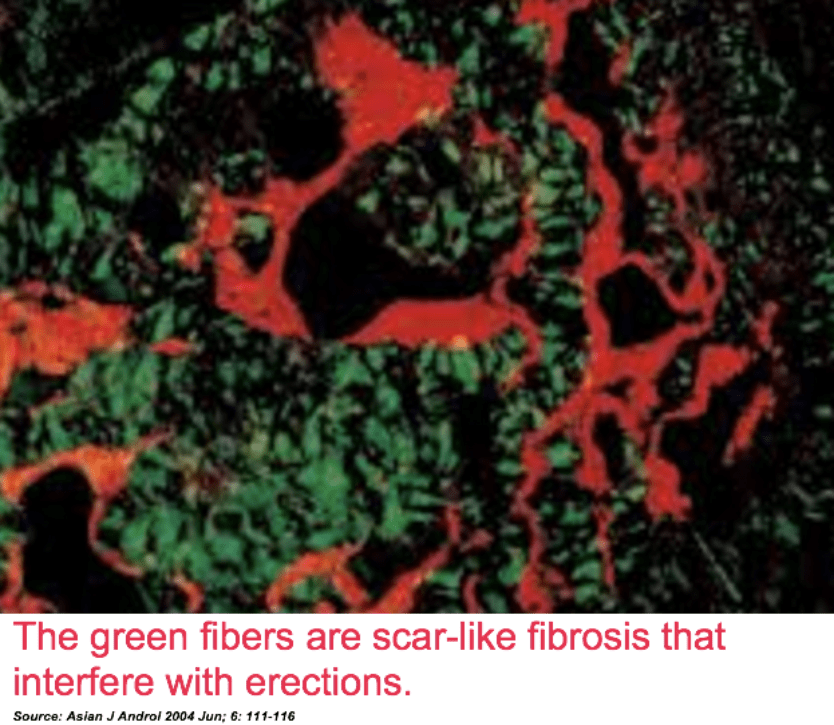
[cmamad id=”15458″ align=”center” tabid=”display-desktop” mobid=”display-desktop” stg=””]
Superbugs affect all of us, but this home treatment slashes infection by 95%
—–Important Message—–
These recently-discovered vitamins clean out the chambers of your penis…
As you get older, your blood vessels and even the penile chambers in your penis get stiff and clogged with plaque.
Then your heart has to pump much harder to fill up those chambers because those tubes are stiff and clogged and filled with plaque.

But recently, a simple but little-known vitamin was discovered, and this little-known vitamin reverses the plaque buildup…
This recently-discovered vitamin increases blood flow to your penis.
This vitamin removes the plaque and clears the blood vessels that feed blood to your penis, blood to your heart, and blood to your tissues.
And it works especially well for a man who has high blood pressure.
The plaque dissolves away safely over the course of a few months when you take this recently-discovered vitamin.
———–
Superbugs: How to tell you’ve been infected
Most diseases are NOT caused by bacteria.
Most are caused by biofilms. “Superbugs” are colonies of bacteria and mold that work together to spread disease in a virtually impenetrable slimy plaque.
This plaque-like film builds up in our organs, our penile tissue, our blood vessels.
Scientists are shocked at how many diseases are actually caused by superbugs, or biofilms as they call them.
So what’s a biofilm?
A biofilm is a group of pathogenic organisms that stick to each other.
These pathogens (yeast, fungus, and bacteria) form a protective layer – preventing the immune system and antibiotics from destroying them.
And these biofilms are a huge problem.
Implanted devices such as catheters are particularly susceptible to biofilm infiltration – which can lead to stubborn and sometimes life-threatening infections.
A new study shows that plain old aspirin is very potent against infectious biofilms.

This study was carried out at the Institute of Biomedical and Life Sciences at the University of Glasgow and published in the Journal of the American Society For Microbiology.
[cmamad id=”15459″ align=”center” tabid=”display-desktop” mobid=”display-desktop” stg=””]
The researchers looked at the effect of aspirin and similar drugs on biofilm of the candida fungus.
Candida, a yeast infection, is a very common pathogen.
And when its growth gets out of control it can cause problems in any part of the body.
Aspirin is a cyclooxygenase inhibitor. Cyclooxygenase is required for the production of prostaglandins (those are required for the growth of candida).
This study was set up to find out if cyclooxygenase inhibitors such as aspirin could inhibit candida biofilm formation.
“We investigated the effects of cyclooxygenase inhibitors like aspirin on biofilm formation by three strains of Candida albicans.”
The study found that many of these cyclooxygenase inhibitors are effective in preventing the buildup of candida biofilm.
“Seven of nine drugs tested inhibited biofilm formation.”
The most potent inhibitor of candida biofilm turned out to be aspirin – it reduced candida biofilm by up to 95%.
“Aspirin, etodolac, and diclofenac produced the greatest effects, with aspirin causing up to 95% inhibition.”
It prevented the early phase growth of biofilm and it attacked the defenses of already established biofilms.
“Aspirin was active against growing and fully mature biofilms.”
Higher doses of aspirin were most effective. And the doses used in the study were comparable to real life doses of aspirin.
“Aspirin was active against growing and fully mature biofilms; its effect was dose-related and it produced significant inhibition at pharmacological concentrations.”
To prove the theory that it was the inhibition of prostaglandin by aspirin that destroyed biofilm, the scientists added some prostaglandin to the mix.
And the biofilm started growing again.
This shows that it is aspirin’s inhibition of prostaglandin that attacks the growth of biofilm.
“Simultaneous addition of prostaglandin abolished the inhibitory effect of aspirin.”
The study proved that inhibiting cyclooxygenase (and thereby prostaglandin) with aspirin is a useful tool for fighting candida biofilms.
Aspirin is a potent real-world inhibitor of biofilms.
“Our results also demonstrate that aspirin possesses potent antibiofilm activity in the real world.”
In order to fight many pathogenic infections you first have to breach the biofilm defense.
“Aspirin possesses potent antibiofilm activity in vitro and could be useful in combined therapy with conventional antifungal agents in the management of some biofilm-associated infections.”
The scientists also identified another weakness in the formation of biofilms that can be exploited in fighting them…
Candida often reproduces at an accelerated rate when it is attacked.
It rapidly reproduces by increasing the number of spores it produces.
It does this by increasing the number of germ tubes. Germ tubes produce spores which lead to more candida.
This study found that aspirin was not the most effective substance for inhibiting the growth of candida germ tubes.
To really efficiently destroy biofilm, something else would be needed to inhibit production of these germ tubes.
Another cyclooxygenase inhibitor called indomethacin was extremely effective at blocking germ tube production in candida…
…thus lowering the reproduction of the fungal pathogen.
“Indomethacin had the greatest effect on preventing biofilm reproduction, inhibiting germ tube formation by almost 80%.”
“The compound that inhibited germ tube formation the least was aspirin.”
So aspirin alone can’t solve the biofilm problem.
But it is a very useful weapon in a multi-pronged attack against the parasite’s defense mechanisms!
You should see a healthcare professional about dealing with difficult infections.
—-Important Message—-
Try this new 2-second technique to feel more sensation than you’ve ever felt before, and keep that erection as long as you want…
- You don’t need to bang away, because you feel the most pleasurable sensations you’ve ever felt…
- This makes you feel even more, and more, and more…
- You want to stay in this place forever…
- Your sensation and how long you last…it’s like a full body orgasm, waves of the most pleasure you’ve ever experienced…

————-


Then your heart has to pump much harder to fill up those chambers because those tubes are stiff and clogged and filled with plaque.
Thank you for sharing these valuable experiences! It’s really helpful to me!